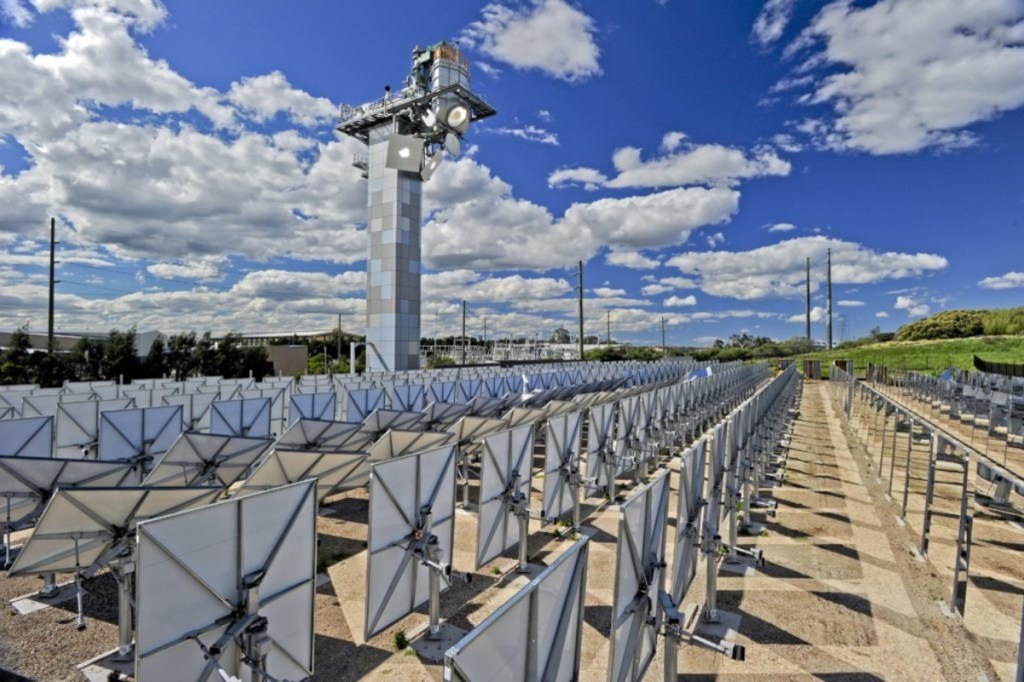Innovative Pilot Plant to Produce Green Hydrogen from Water and Sunlight in Australia
Key Ideas
- Adelaide-based Sparc Technologies is leading a unique pilot plant project to produce green hydrogen directly from water and sunlight without electrolysers, with support from Fortescue and the University of Adelaide.
- Fortescue's investment in Stage 2 of the project highlights its interest in hydrogen energy and Sparc's innovative technology, aiming to make green hydrogen more competitive and cost-effective.
- The pilot plant construction will focus on testing photocatalytic water splitting (PWS) reactors and is expected to offer advantages like low-cost potential, emissions-free production, and suitability for off-grid locations.
- The project is set to position South Australia competitively in testing innovative hydrogen technologies and could potentially revolutionize the green hydrogen industry by addressing the cost of renewable electricity.
A pioneering pilot plant in Adelaide, Australia, led by Sparc Technologies, is underway to produce green hydrogen using a novel approach that involves converting water and sunlight directly into hydrogen, bypassing the need for electrolysers or electricity grids. The project, known as Sparc Hydrogen, has gained support from Fortescue and the University of Adelaide to proceed with Stage 2, focusing on pilot plant construction and reactor testing of photocatalytic water splitting (PWS) technology. Sparc believes this plant will establish a global R&D and commercialization facility for PWS, making it a frontrunner in solar-to-hydrogen technology.
The partnership with Fortescue emphasizes the company's commitment to hydrogen energy projects, despite a temporary setback in their green energy goals. The innovative PWS technology by Sparc offers advantages over conventional methods by being cost-effective, emissions-free, and suitable for off-grid locations. The $1.48 million investment by Fortescue in Stage 2 underscores the potential of Sparc's technology in revolutionizing the green hydrogen industry.
By addressing the cost of renewable electricity, Sparc aims to showcase the benefits of PWS over electrolysis through its pilot plant, expected to be completed by mid-2025. This unique approach could position South Australia as a hub for testing cutting-edge hydrogen technologies, driving innovation and competitiveness in the green energy sector. The collaboration between Sparc, Fortescue, and the University of Adelaide signifies a significant step towards unlocking low-cost green hydrogen production without reliance on traditional infrastructure.
Topics
Homes
Renewable Energy
Innovation
Investment
Green Technology
Sustainable Energy
Collaboration
Economic Impact
Research Development
Latest News
